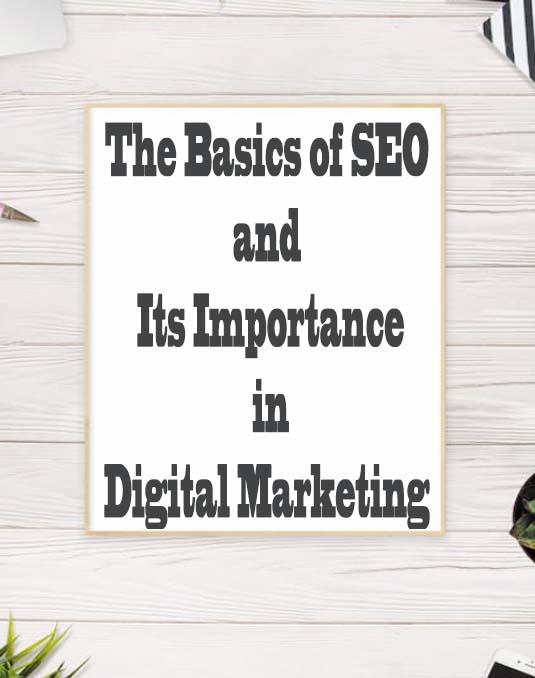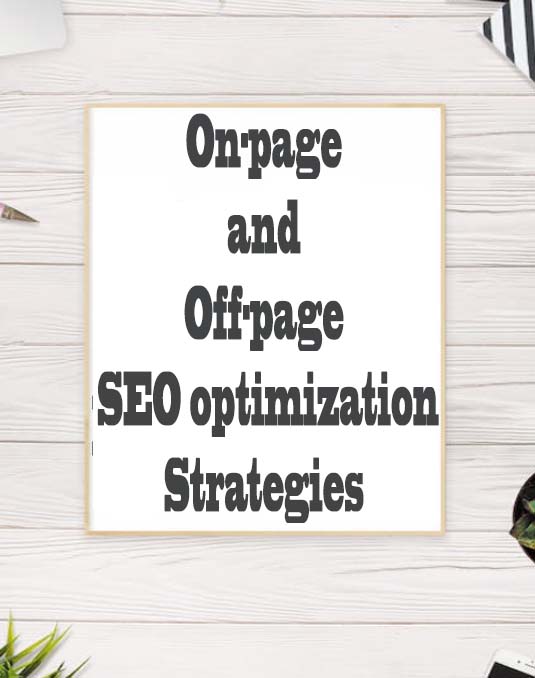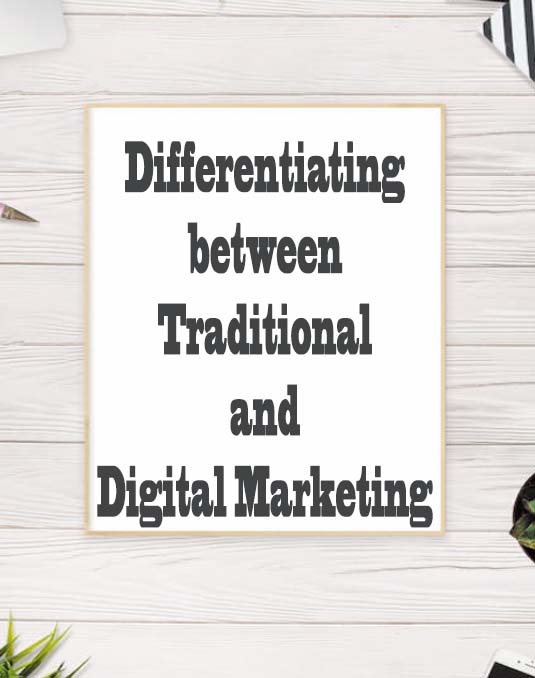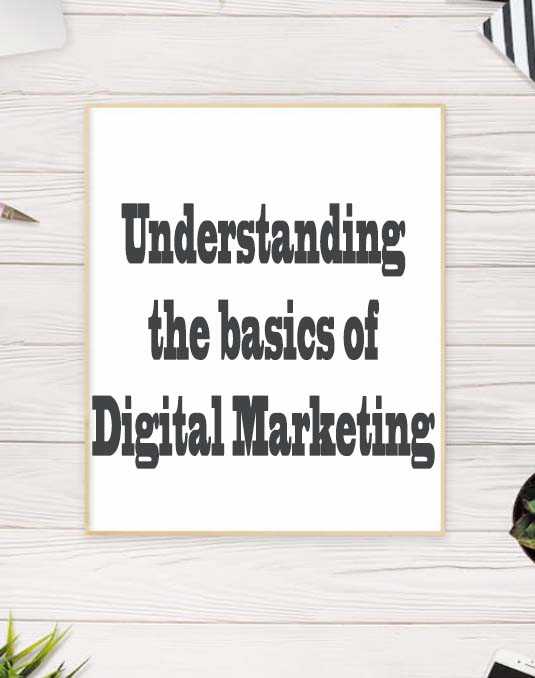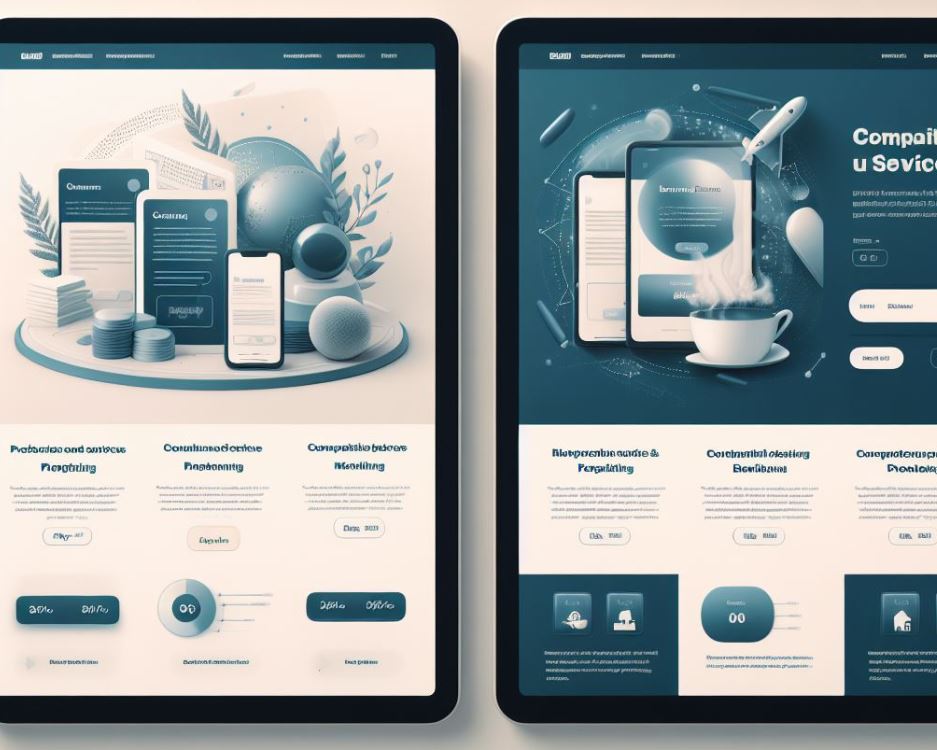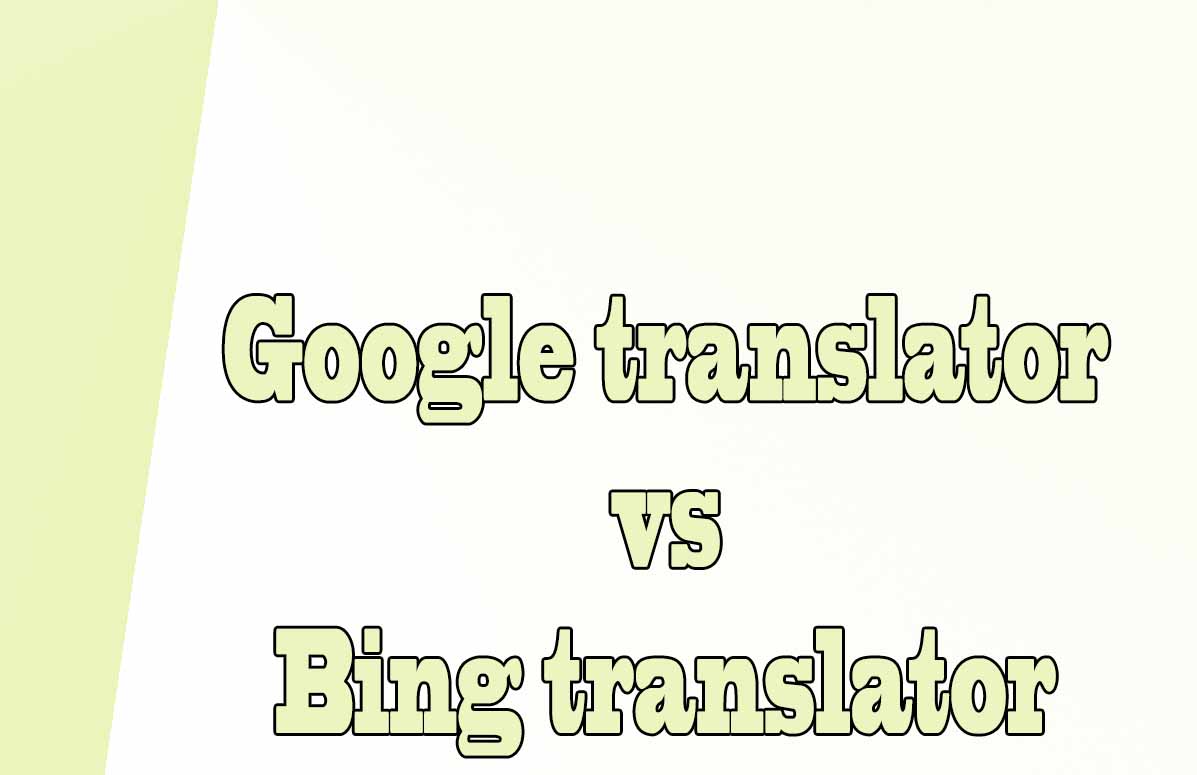
Defining SMART, Specific, Measurable, Achievable, Relevant, and Time-bound: Introduction
In the ever-evolving world of digital marketing, it has become crucial for businesses to set clear goals to drive their online strategies. The days of simply having a website and hoping for the best are long gone.
To effectively measure success and optimize campaigns, it is essential to define Digital Marketing Goals using the SMART framework - Specific, Measurable, Achievable, Relevant, and Time-bound.
Specific
Clearly defining your digital marketing goals is the foundation of successful strategy. Vague objectives like "increase website traffic" or "improve brand awareness won't provide the necessary guidance to align your efforts effectively. Instead, focus on specific objectives such as "increase organic website traffic by 25% within six months" or "generate 50 new leads through social media advertising each month." Specific goals help to provide clarity, direction, and purpose to your digital marketing initiatives.
Measurable
Setting measurable goals allows you to track progress and determine the success of your digital marketing campaigns accurately. Objectives such as "increase user engagement" or "improve email open rates" are challenging to quantify and measure. Instead, set goals that can be quantified, such as "gain 500 new email subscribers in three months" or "increase social media engagement rate by 20% in six months."
By making your goals measurable, you can easily track your progress and make necessary adjustments along the way.
Achievable
It's essential to set goals that are realistic and attainable within the given timeframe. While ambitious targets are admirable, setting unattainable goals can lead to frustration and demotivation. Consider your available resources, budget, and market conditions when defining objectives. For instance, if you're a small business starting from scratch, aiming for a million website visitors in a month might not be feasible. Set achievable goals that stretch your capabilities but are still within reach to maintain motivation and celebrate milestones.
Relevant
The relevance of your digital marketing goals is crucial to ensure they align with your overall business objectives. For instance, if your primary goal is to boost sales, focusing on increasing website traffic without a clear conversion strategy may not be the best approach. Ensure your goals directly contribute to your business's bottom line and support your overall marketing strategy. Aligning goals with your broader organizational objectives helps create synergy and ensures that your digital marketing efforts have a meaningful impact.
Time-bound
Clearly defining a time frame for achieving your digital marketing goals is integral to maintaining focus and accountability. Without a deadline, goals can become never-ending tasks that lack urgency and direction.
Set realistic timelines for each goal, considering factors such as budget cycles, industry trends, and campaign durations. For example, setting a goal to launch a new social media campaign within three weeks or to increase conversion rates by 10% within six months provides clear time-bound parameters to work towards.
Conclusion
By using the SMART framework when setting your digital marketing goals, you can create a roadmap for success.
Specific, Measurable, Achievable, Relevant, and Time-bound objectives provide direction, accountability, and the ability to track progress accurately. Without clearly defined goals, digital marketing efforts can become disjointed and lack focus. Take the time to define your SMART goals, and watch as your digital marketing campaigns become more purposeful and achieve measurable results.
Tips on SEO and Online Business
Next Articles
Previous Articles

